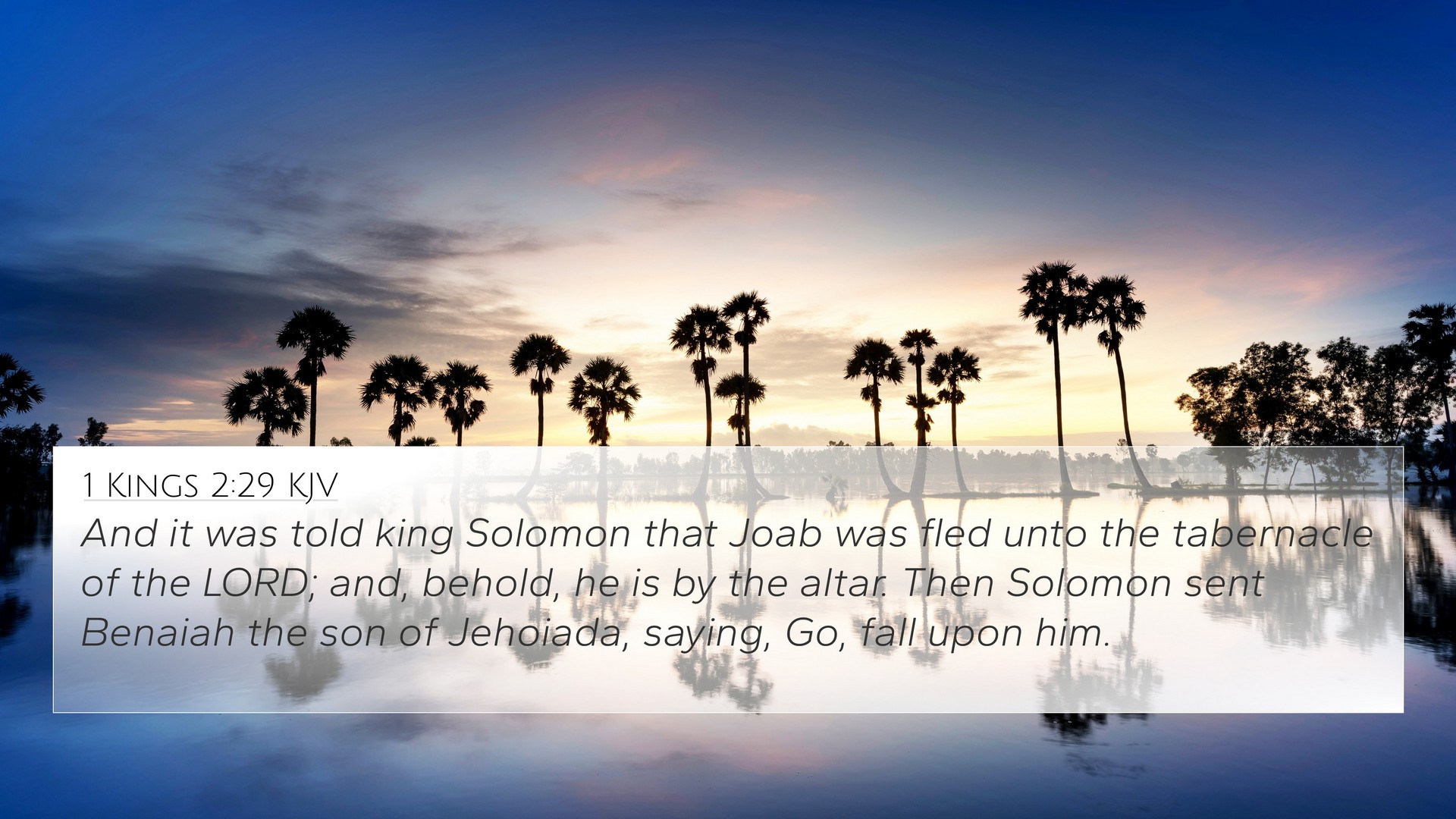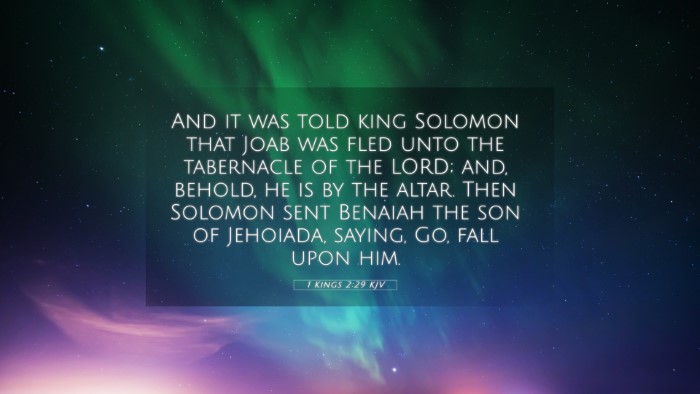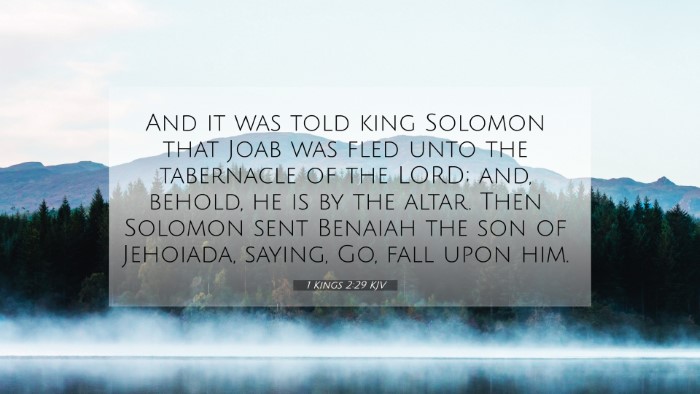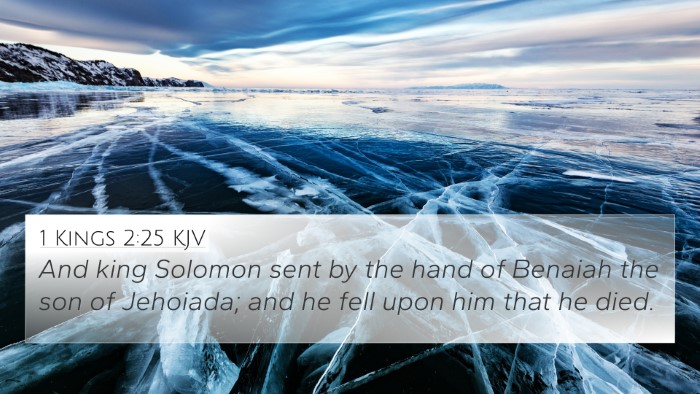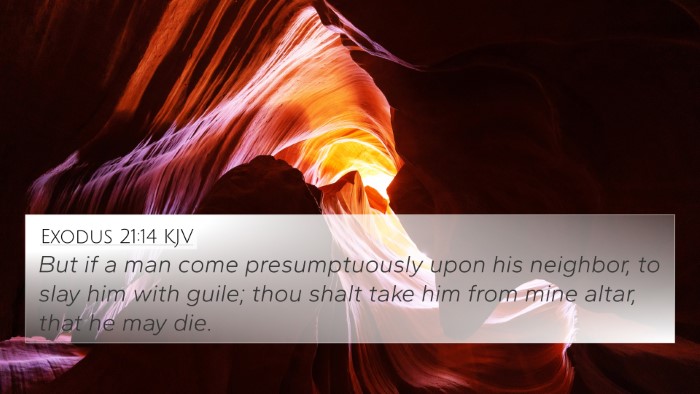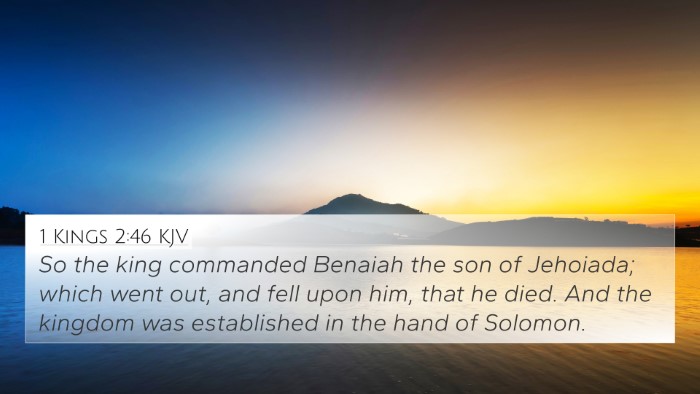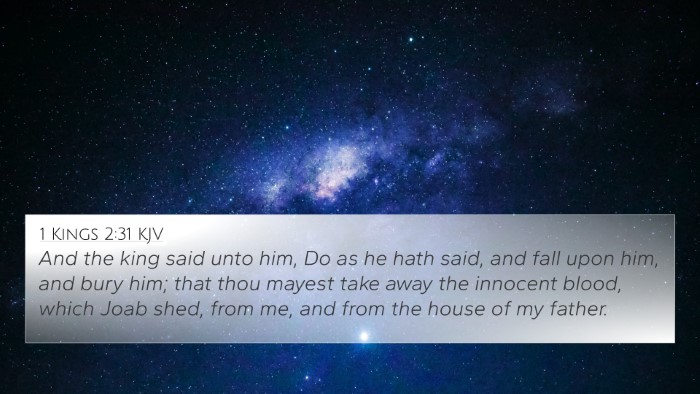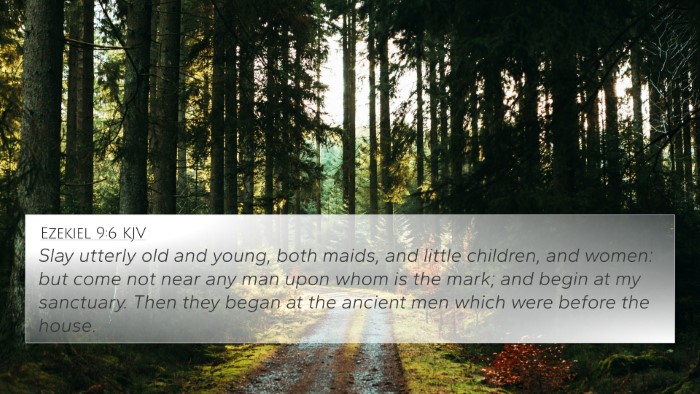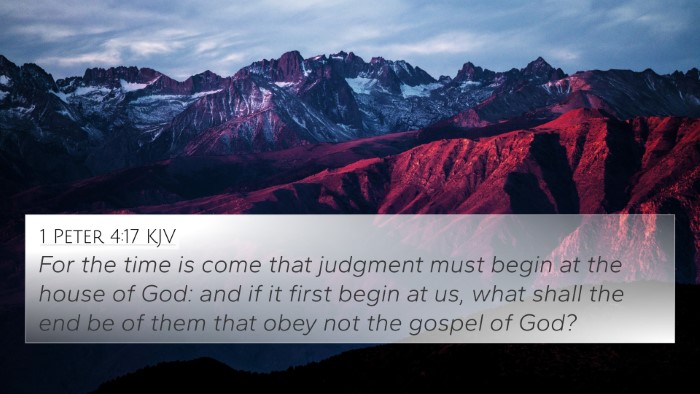Understanding 1 Kings 2:29
Bible Verse: 1 Kings 2:29
Verse Text: "And it was told king Solomon that Joab had fled unto the tabernacle of the Lord; and, behold, he is by the altar. Then Solomon sent Benaiah the son of Jehoiada, saying, Go, fall upon him."
Summary of Meaning
This verse captures a critical moment in King Solomon's reign, showcasing the fallout from David's kingship and the ongoing conflict involving Joab. The actions taken highlight themes of justice, retribution, authority, and the complexities inherent in leadership. Solomon's decision to send Benaiah to confront Joab illustrates the delicate balance between mercy and justice in a leader’s duties.
Insights from Public Domain Commentaries
-
Matthew Henry's Commentary:
Henry emphasizes that Joab's flight to the tabernacle demonstrates a common instinct to seek sanctuary in times of peril. He connects this act to historical contexts, noting that Joab, despite being a valiant leader, repeatedly rebelled against divine authority. The sanctity of the tabernacle is contrasted with the need for justice in God’s kingdom.
-
Albert Barnes' Notes:
Barnes interprets this event as Solomon reaching a decisive point in consolidating his power. Joab's actions show a fear of retribution, reflecting the burdens of leadership that Solomon now bears. This commentary highlights the importance of the altar not only as a physical location but as a symbol of divine authority and refuge.
-
Adam Clarke’s Commentary:
Clarke provides a more detailed historical context, describing Joab's contentious past with David and the implications of his actions. He notes Solomon's pragmatism in sending Benaiah, indicating that the king could not allow Joab to live, as it might signal weakness. This places emphasis on the zealous protection of one's rule and the implications of mercy versus justice.
Thematic Bible Verse Connections
1 Kings 2:29 is rich with themes that link to other scriptures, demonstrating the interconnectedness of biblical texts. Here are several cross-references that illuminate this verse:
- Exodus 21:13: Discusses the cities of refuge, enhancing the theme of sanctuary.
- 2 Samuel 3:30: The backdrop to Joab's violent history and his loyalty to David complicates interpretations of justice.
- 1 Kings 1:50-53: Details Joab's attempt to escape from Solomon, linking to the overarching narrative of treachery and fear during the transition of power.
- Proverbs 16:14: Reflects on the wrath of a king, which parallels Solomon’s need to assert control over potential threats.
- Romans 13:4: Discusses the role of government and authority as a servant of God, highlighting the divine right to enforce justice.
- Matthew 5:23-24: Illustrates the importance of reconciliation, contrasting Solomon's uncompromising stance.
- Numbers 35:11-12: Connects the concept of cities of refuge with the implications of seeking mercy in a state of accusation or guilt.
Cross-Referencing Bible Study
For those studying this passage, understanding cross-references can enhance comprehension:
- How to find cross-references in the Bible: Utilize a concordance or digital Bible tools to track related verses.
- Tools for Bible cross-referencing: Reference systems and study guides can provide valuable connections between verses.
- Identifying connections between Old and New Testament: This verse sheds light on historical patterns of behavior that carry into later scriptures.
- Comparative Bible verse analysis: Engage with both the narratives of David and Solomon to grasp the shifts in leadership and consequences.
- Interpreting Biblical themes through cross-references: Look for thematic links between the establishment of authority and divine justice.
Conclusion
This exploration of 1 Kings 2:29 reveals deep layers of meaning, connecting to broader biblical themes of justice, authority, and the complexities of leadership. The historical account of Joab offers poignant lessons applicable to understanding both the Old Testament and the principles underlying New Testament teachings regarding authority and moral obligations.
